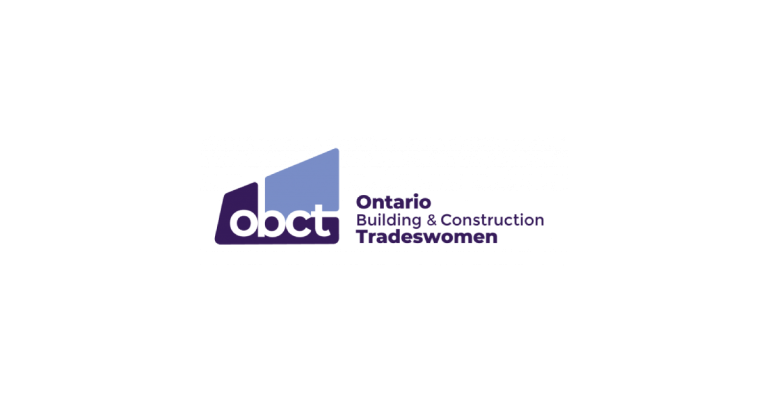5 Ways to Make Price Less Relevant

Jan 28, 2020
By Jeff Mowatt
“It drives me crazy when my salespeople complain our prices aren’t competitive.” This was a manager who brought me in to work with his team. He continued, “How do I get my team members to stop selling on price?” After years of training numerous sales and service teams (whose prices weren’t the lowest), I’ve discovered five simple strategies for making price less relevant.
1. Know what B-B customers value
When you’re selling business to business remember that your customers are not usually spending their own money. They’re spending their company’s. Whether you save their company a bit of money or not doesn’t impact them personally. However, customers will happily spend more on suppliers who a) make them look smarter to their bosses or b) make their jobs easier (or more fun). Make your B-B customers look like heroes to their bosses. Or take some paperwork off their hands. Your prices suddenly don’t need to be the lowest.
2. Replace order takers
If customers know exactly what they need and want to buy, then you don’t need a human for the transaction. You need an online shopping cart or a self-serve checkout. If your team members merely send out price quotes, you’re overpaying them. They can be replaced by an algorithm. Order taking has no value.
When an internet search reveals thousands of buying options, the service that customers value, is that of an advisor who will A.I.D.© customers to make the right choice. A.I.D. is a memory jogger I created that means
• Analyze available choices
• Interpret those options based on the customer’s unique needs
• Direct the customer to a maximum of three choices
Massive selection is available on the Internet for free (another word for worthless). Making the wrong choice is costly. Customers pay premiums for advisors who help them make better buying choices.
3. Tap the convenience advantage
We all expect neighborhood convenience stores to charge more for household goods than a suburban big box store. How does your company compare when it comes to convenience? Perhaps customers can secure multiple products or services though you, and therefore not have to source other suppliers. That’s a significant savings (see strategy #1 about making their jobs easier, and #2 about helping them make better choices). It’s not enough though to just provide these conveniences; we also need to draw attention to how easy it is.
4. Create more perceived value
You’ve likely heard customers don’t buy features, they buy benefits. The problem is most sales and service reps inadvertently focus on product and service features. The easiest way I found to get employees to talk more about benefits is encouraging them to use two words more often: “So that”. For example, “We’ll deliver it so that we save you a trip.” Often we don’t need to lower our prices, we just need to raise perceived value by highlighting benefits.
5. Create pricing perspective
Whatever you charge can look like a lot of money if you don’t provide context. For example, training team members on how to enhance their service and selling skills can sound expensive. That needs to be contrasted to potential revenues generated by that training resulting in gaining or keeping just one repeat customer. When put that way, training becomes an investment that easily pays for itself. The more you talk about return on investment, the less your actual prices will matter.
Bottom line: that manager who hired me knew his team members didn’t need to focus on lowering prices and profitability. They just needed to shift their thinking about the additional value they can and do provide. How about you? Could your team members use some refreshers on enhancing perceived value over price?
This article is based on the bestselling book, Influence with Ease by Hall of Fame motivational speaker Jeff Mowatt. To obtain your own copy of his book or to inquire about engaging Jeff for your team, visit www.jeffmowatt.com. Watch for more articles from Jeff in future issues.

















